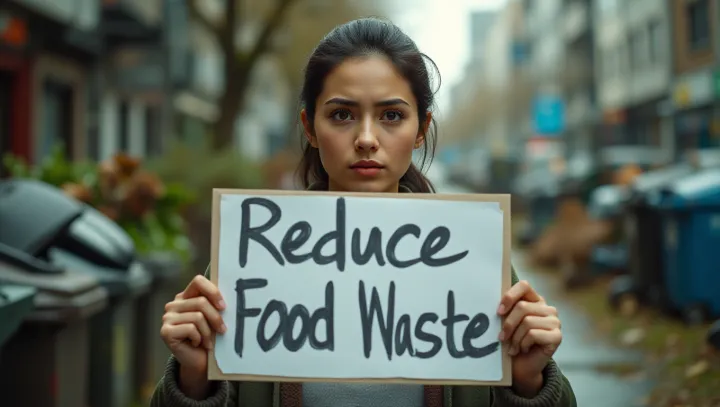Will Cutting Food Waste Save the Planet?

In New York, leading environmentalists and policymakers converged for a pivotal summit on combating the escalating issue of food waste. The conference underscored the stark reality: nearly one-third of all food produced globally is wasted each year. This inefficiency not only impacts the economy but has severe environmental repercussions.
Experts emphasize that food waste contributes significantly to global greenhouse gas emissions. As waste decomposes in landfills, it emanates methane, a potent greenhouse gas intensifying climate change. Moreover, the resources expended in producing uneaten food – water, land, and energy – are immense yet tragically squandered.
At the summit, Dr. Emily Brock of the Global Sustainability Institute eloquently highlighted, 'Reducing food waste can bridge the gap between food surplus and hunger. It represents both an ecological and moral imperative.' Her words resonated as governments and organizations alike were urged to take tangible actions.
Moreover, the economic implications cannot be overlooked. Wasting food results in lost revenue and increased disposal costs. By strategically reducing waste, businesses can enhance profitability while contributing positively to sustainability goals.
The urgency to address this issue is paramount and timely, as global food insecurity issues escalate.
